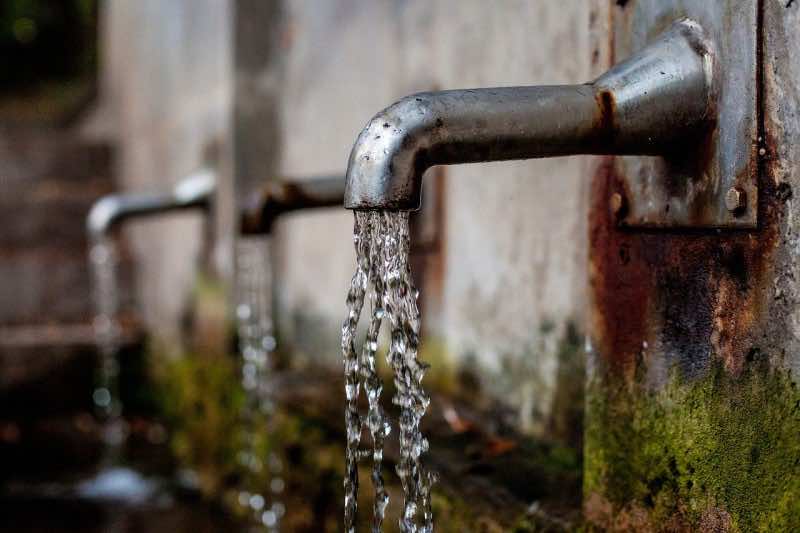By Adeyemi Adekunle
In the face of mounting water stress, Algeria has embarked on a groundbreaking initiative to ensure secure access to drinking water for its populace. With innovative solutions at the forefront, the government has set in motion ambitious projects, notably the Cap Blanc seawater desalination mega-plant, representing a strategic investment poised to revolutionize the country’s water supply landscape.
To tackle the growing water stress, the government has strategically positioned the Cap Blanc project to cater to the needs of Oran and other western wilayas, which are currently struggling to meet the demands of a population exceeding 2.5 million inhabitants, in addition to the industrial sector.
Scheduled for completion in December 2024, the plant will substantially augment the drinking water supply, a mere 25 months following the commencement of construction, effectively addressing the pressing water needs of the region.
Mouloud Hachlaf, Communications Director of the AEC, emphasizes the strategic importance of this initiative, citing the imperative need to anticipate and mitigate the impact of drought. He revealed that the initial program, involving 14 plants producing 2.2 million m³ per day, marked a significant step, providing 18% of the drinking water for citizens.
With projections indicating a 20% reduction in rainfall by 2050 in the Sahel, including Algeria, the country is actively pursuing a complementary program aimed at elevating the drinking water desalination capacity from 18% to an impressive 42%.
Acknowledging the concerns often associated with seawater desalination, particularly its cost and environmental impact, Algeria is resolutely committed to minimizing these effects by incorporating an energy mix into its plants. This includes the integration of solar panels to enhance the environmental sustainability of these critical infrastructures.
The country is actively pursuing additional similar projects, such as the Mostaganem plant, which commenced operations in 2011 and boasts a daily production capacity of 200,000 m³ of drinking water.
Another noteworthy undertaking is the planned plant at Khadra, strategically positioned 72 km east of Mostaganem, with a projected daily capacity of 300,000 m³ of drinking water.
Significantly, this project not only aims to address water needs but also to provide protection against rising sea levels—a multi-faceted approach to tackling pressing environmental challenges.
Farouk Elbrouz, Technical Director of STMM, underlined the country’s dedication to stringent water treatment standards, ensuring that the water meets both Algerian and WHO criteria.
This commitment is buttressed by the recognition that desalination alone cannot comprehensively address Algeria’s drinking water needs. Consequently, the country is exploring alternative avenues, including the reuse of treated wastewater, exemplified by the successful implementation in Médéa.
Moreover, in Médéa, a region situated 90 kilometers from the capital, Algiers, innovative use of treated wastewater for irrigation in fruit-growing farms has offered a sustainable solution, particularly during years of drought.
Abdelkader Benkorbi, an agricultural engineer, emphasized the necessity of seeking alternative water sources, highlighting the critical role played by water from the treatment plant in sustaining agricultural activities.
Looking ahead, Algeria has set a bold vision, aspiring to leverage seawater desalination to meet 60% of the population’s water needs by 2030.
This strategic plan, complemented by cutting-edge wastewater treatment technologies, embodies the country’s proactive, forward-thinking approach to navigate the challenges posed by climate change.




